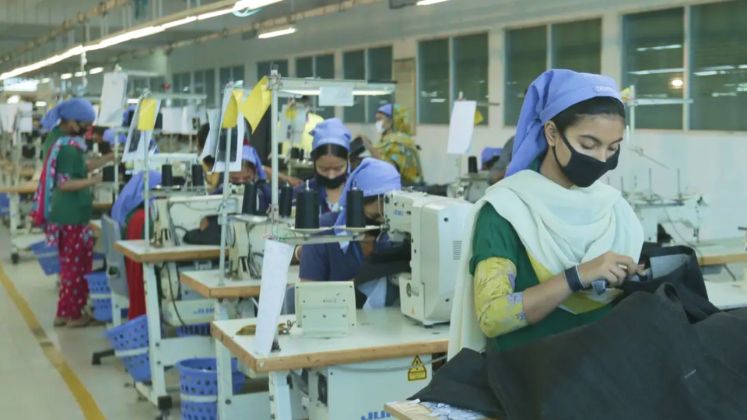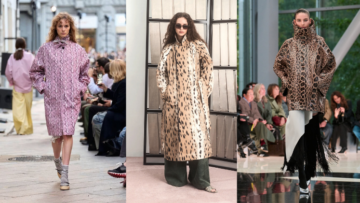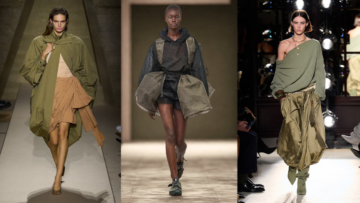
Bangladeshi garment manufacturers are looking to tap into the United States’ “First Sale” provision, a trade rule that can lower import duties, as a way to make their products more competitive in the world’s largest apparel market.
Under US customs law, the First Sale rule allows importers to pay duties based on the manufacturer’s selling price rather than the final retail price, potentially reducing landed costs by 15–20%. This is particularly beneficial in multi-tiered supply chains where goods move from manufacturer to intermediary before reaching the US importer.
Industry insiders say several Bangladeshi exporters are already using the method to reduce tariffs for their buyers. In such transactions, the difference between the manufacturer’s price and the intermediary’s price is often settled as a research and development (R&D) cost. However, an additional trading entity is required to facilitate the process.
In a recent letter to the Ministry of Commerce, the Bangladesh Garment Manufacturers and Exporters Association (BGMEA) noted that the practice is gaining traction among major US retail groups such as PVH, VF, Kontoor Brands, American Eagle Outfitters, Kohl’s, and JCPenney. Other prominent names like Calvin Klein, GAP, Levi’s, C&A, American Eagle, Ann Taylor, Walmart, and Costco are also reportedly using the scheme.
Prominent Bangladeshi exporters, including Sparrow Group, Hameem Group, Viyellatex Group, and Standard Group, are known to operate under these rules for high-value products.
The BGMEA explained that by declaring a lower customs value, US buyers can reduce import duties and improve profit margins. For example, if a manufacturer sells goods at US $ 10 per unit to an intermediary but declares a US $ 8 value for customs purposes, duties are calculated on the US $ 8, with the remaining US $ 2 treated as an R&D cost.
However, the rule comes with strict conditions under US Customs and Border Protection (CBP) guidelines. Transactions must be legitimate sales for export to the US, and the buyer-seller relationship must be independent or proven to reflect fair market value. The product must remain essentially unchanged after the first sale, and exporters must maintain a robust paper trail, including contracts, invoices, payment records, and shipping documents, for CBP review.
Shovon Islam, managing director of Sparrow Group and former BGMEA director, said that his company has used the rule for 12 years. “This helps our buyers remain competitive by lowering landed duties, but the product must be high-value, typically with a Free on Board (FOB) price above US $ 8,” he said, adding that multinational operations find the process easier to execute. According to him, duty reductions generally range between 10 and 15%, with 20% being the maximum. He also noted that US customs and top-tier auditing firms regularly review such transactions.
The BGMEA has also raised concerns about cash incentive eligibility for exports under the First Sale method. The trade body pointed out that the process often involves producing goods in a different facility from the one receiving the purchase order. Bangladesh Knitwear Manufacturers and Exporters Association (BKMEA) president Mohammad Hatem said one major exporter was denied cash incentives for such a shipment, despite manufacturing in another approved unit of the same company.
According to the Export Promotion Bureau (EPB), Bangladesh’s exports to the US reached US $ 8.69 billion in FY ’25, up from US $ 7.60 billion a year earlier. Apparel accounted for US $ 7.54 billion of the total, a 14% increase year-on-year. The US remains Bangladesh’s single largest export destination, representing over 18% of the country’s total export earnings of US $ 48.28 billion last fiscal year.






